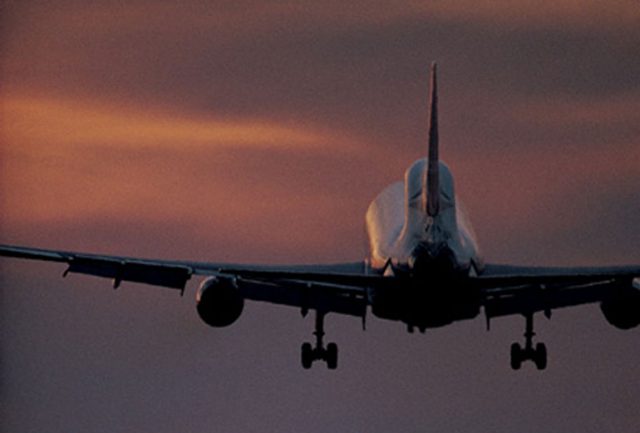
By Arjay L. Balinbin, Senior Reporter
AIRFARES are not expected to increase further in May, according the Civil Aeronautics Board (CAB), as it reviews guidelines for imposing passenger fuel surcharges.
“Pending the review and evaluation of the CAB Passenger Fuel Surcharge for Domestic and International Flights pursuant to CAB Resolution No. 46…, please be advised that the current level of the passenger fuel surcharge provided in CAB advisory dated 15 Feb. 2022 shall be maintained,” the government agency said in an advisory.
This means the Level 4 passenger fuel surcharge imposed in March and April will remain in effect next month.
The CAB raised fuel surcharge for domestic and international flights to Level 4 in March and April from Level 3 in January and February due to the increase in jet fuel prices.
Under Level 4, fuel surcharge rates per passenger range from P108 to P411 for domestic flights and from P543 to P5,026 for international flights originating from the Philippines.
Meanwhile, Philippine Airlines (PAL) said it is hoping a higher fuel surcharge level will be approved.
At a briefing on Tuesday, PAL President and Chief Operating Officer Capt. Stanley K. Ng said when asked for an update regarding the company’s negotiation with CAB on the fuel surcharge: “They have approved a certain level of fuel surcharge. However, the next level is still pending as of the moment.”
“We are okay with that right now. But of course, we’ll continue to work on that,” he added.
A Level 5 fuel surcharge ranges from P139 to P530 for domestic flights and P745 to P7,115 for international flights from the Philippines.
Transportation Secretary Arthur P. Tugade, who chairs the CAB, said in March that he was opposed to the airlines collecting higher fuel surcharges as this would drive up airfares at a time when the travel industry is still recovering from the pandemic crisis.
“As much as possible, let’s avoid the fuel surcharge… The cost will be passed on to passengers. The cost of travel will go up. My position is that we maintain the cost of travel — no increase. Let’s study this carefully,” he said.
Instead of allowing airlines to impose higher fuel surcharge rates, Mr. Tugade said airport fees for airlines should be waived.
PAL’s Mr. Ng has said the fuel component is about 50% of the airline’s costs.
He noted that the company is trying to manage the impact of the rising fuel prices on its operations.



